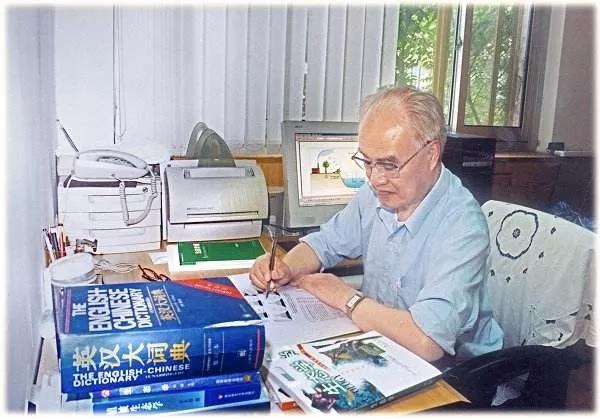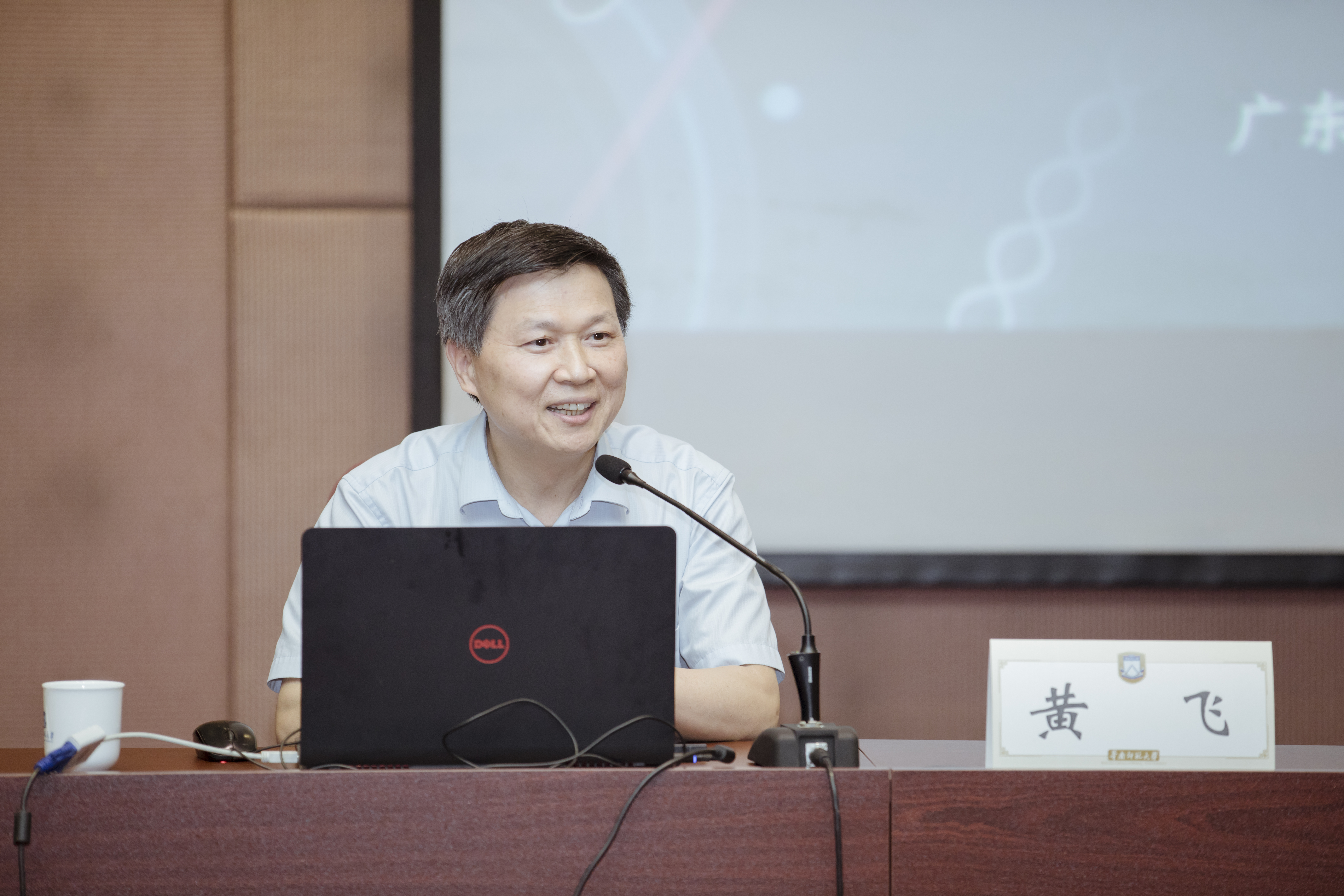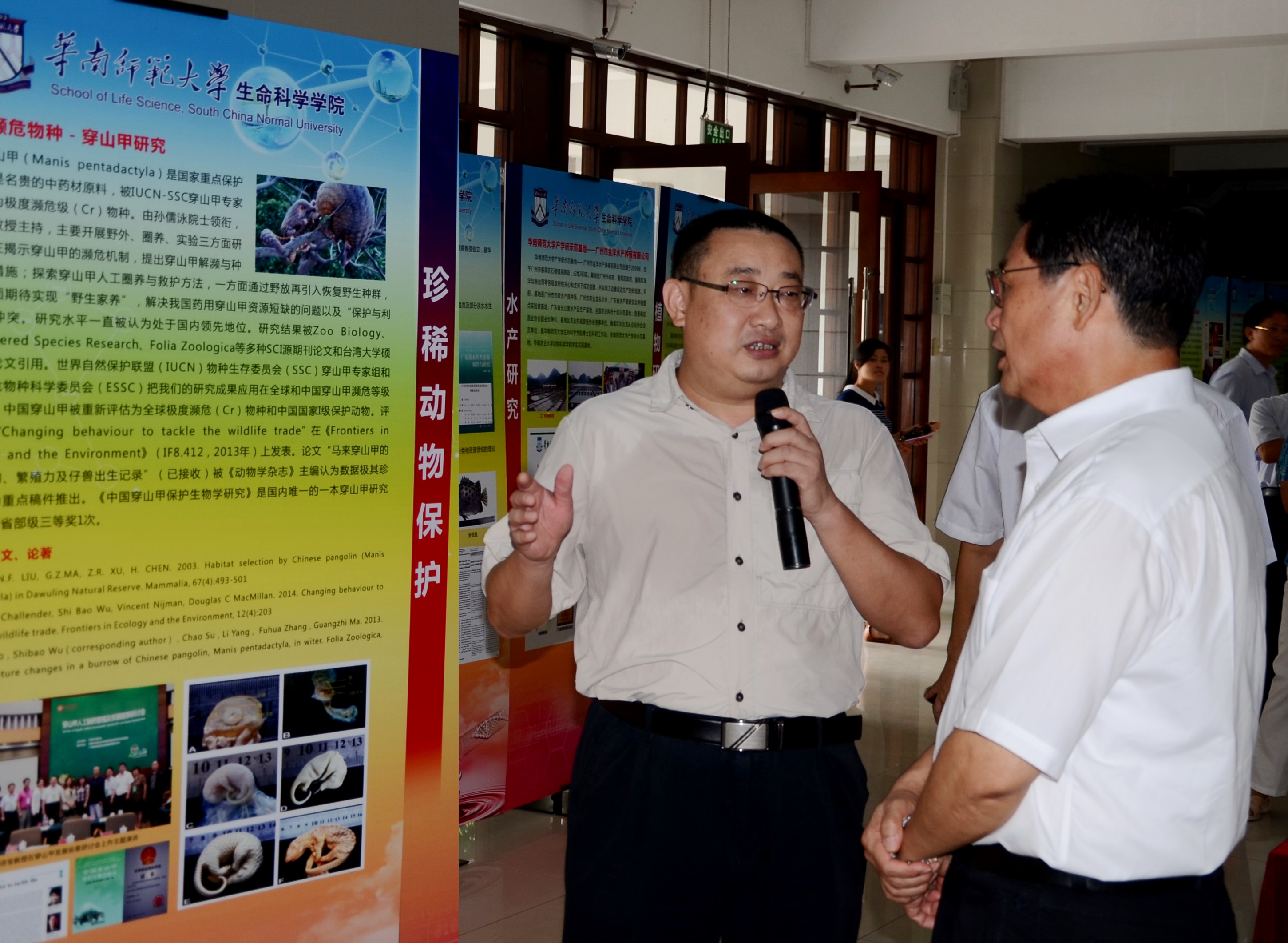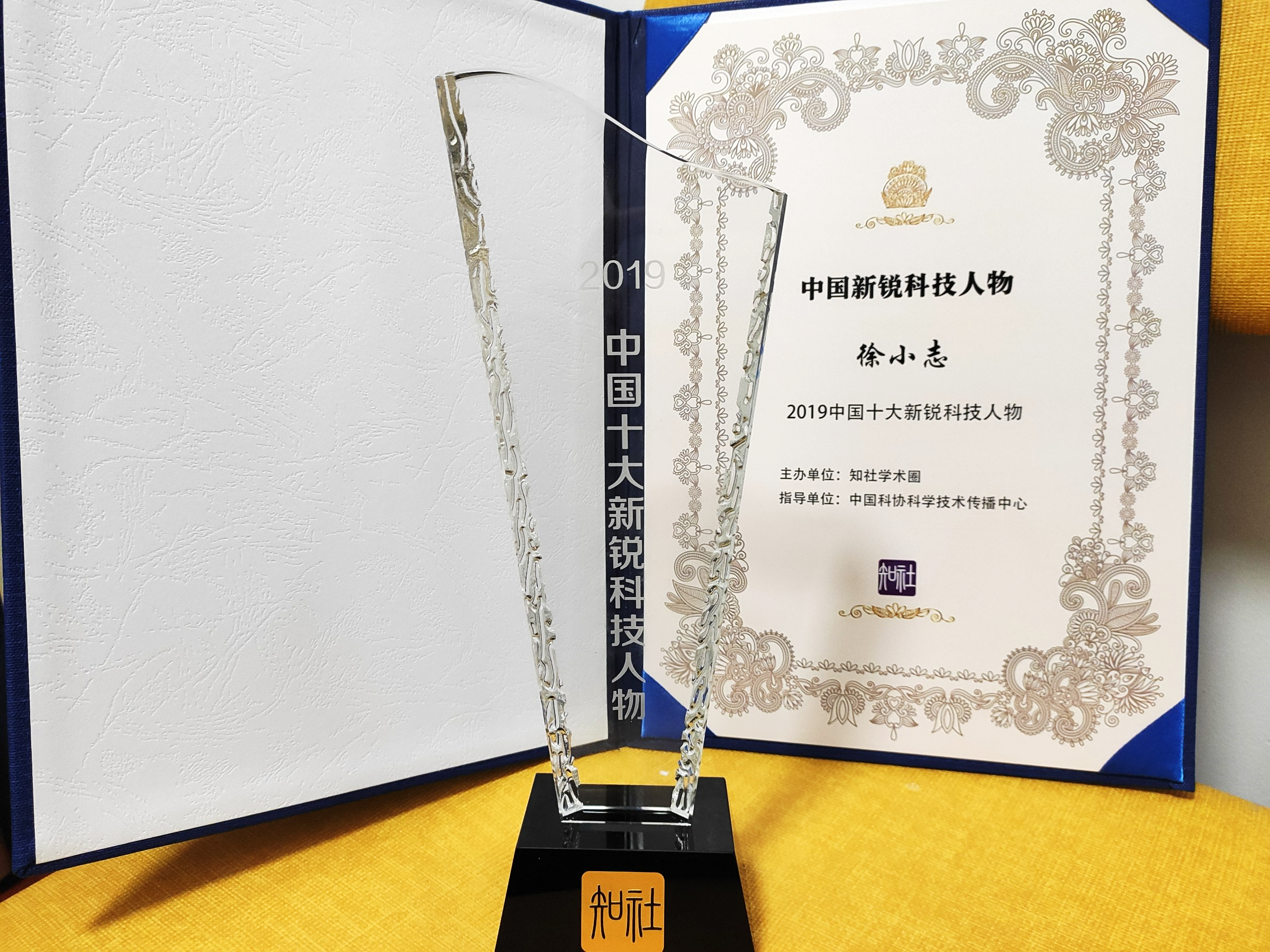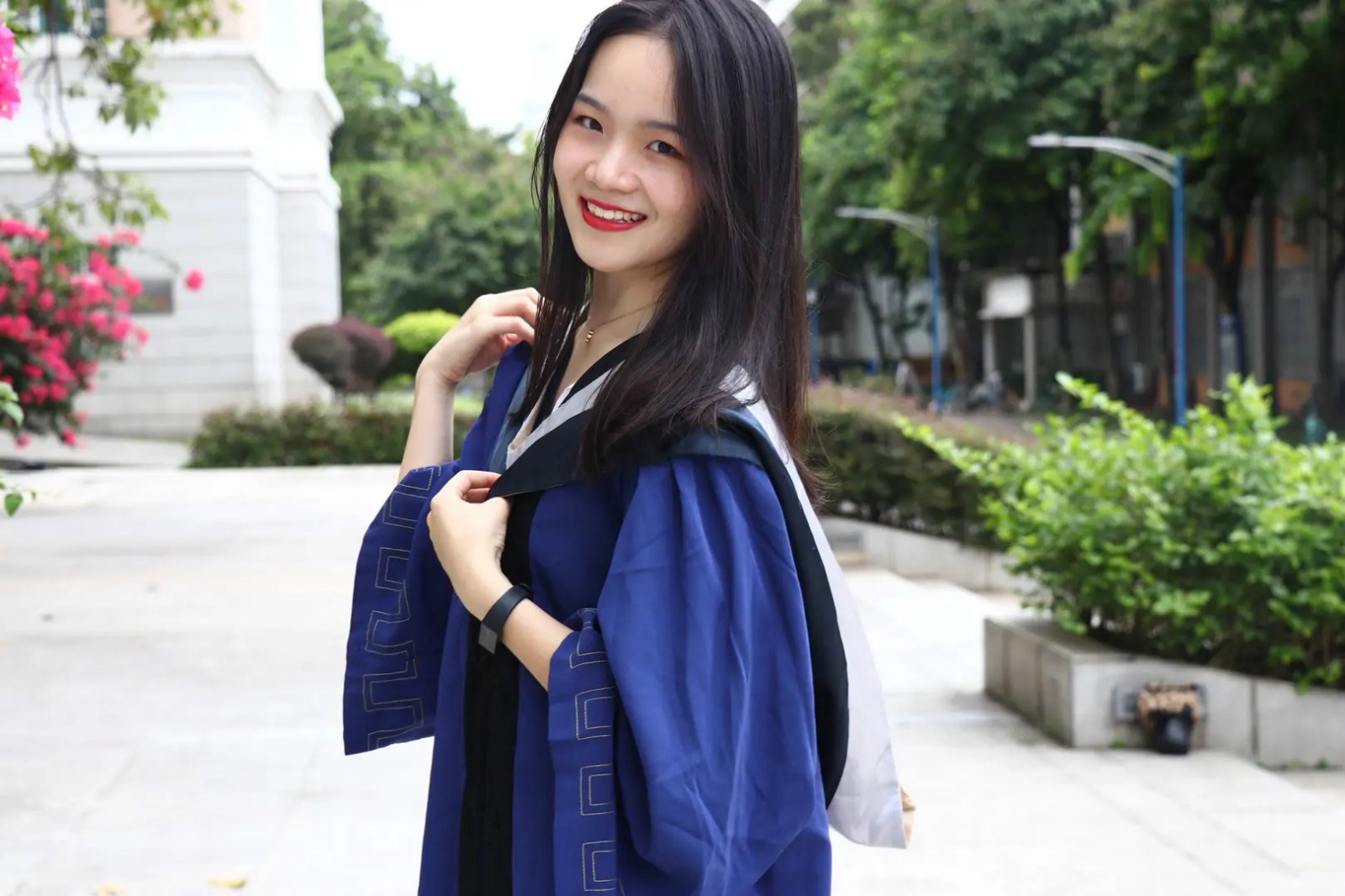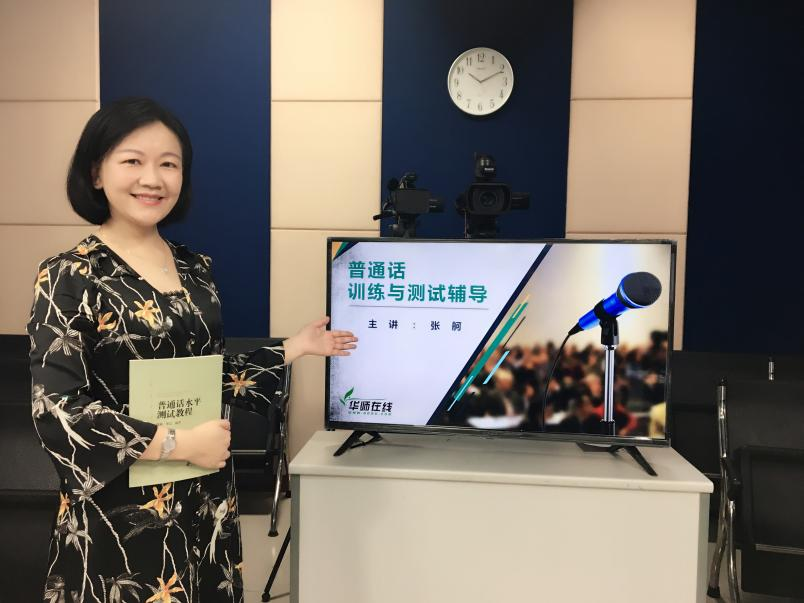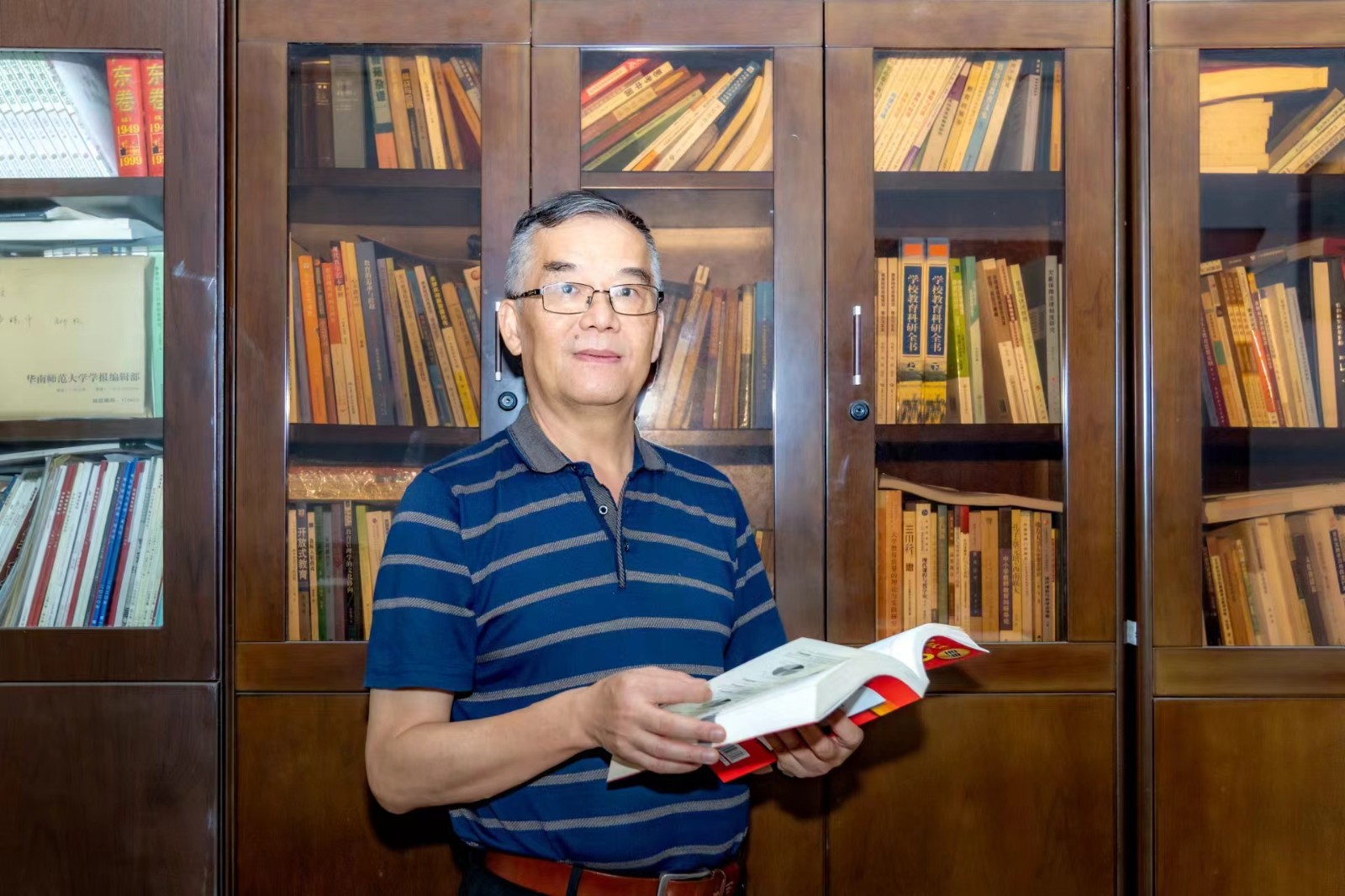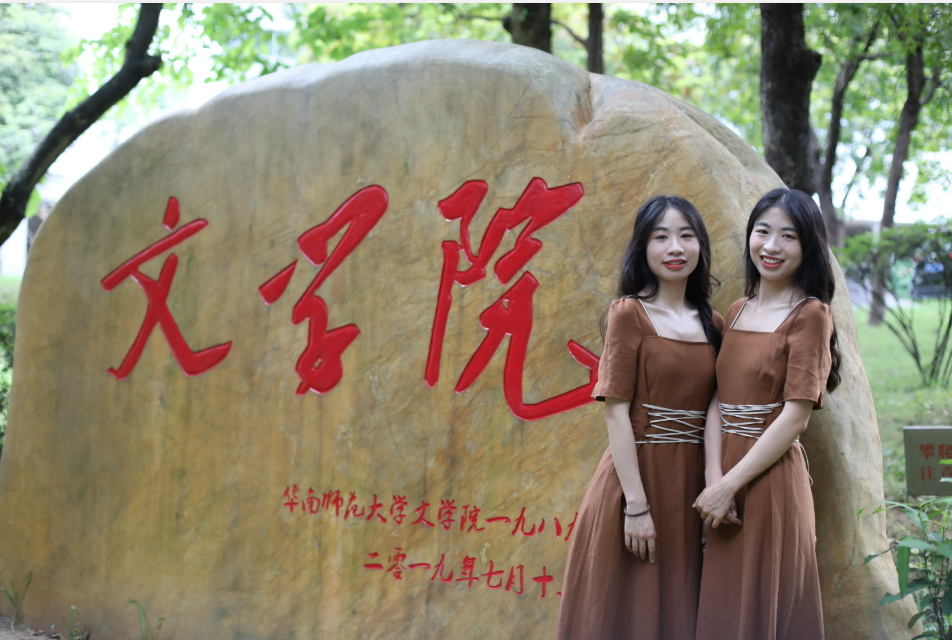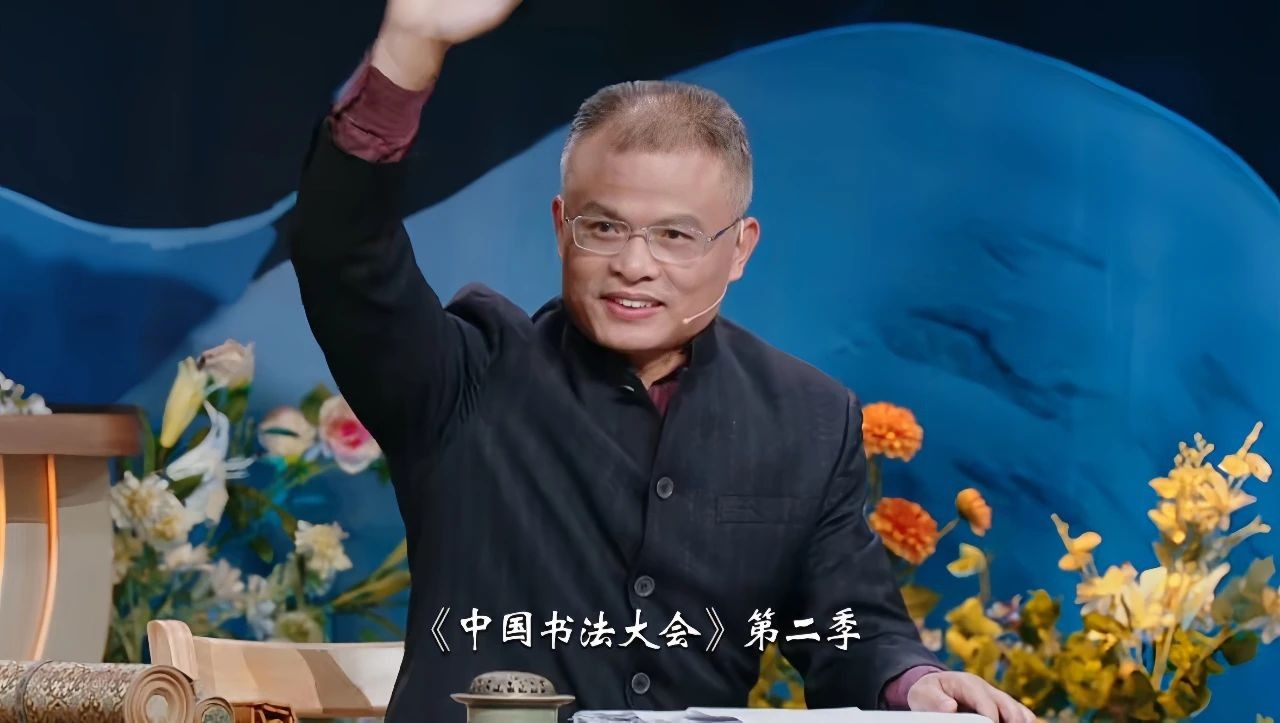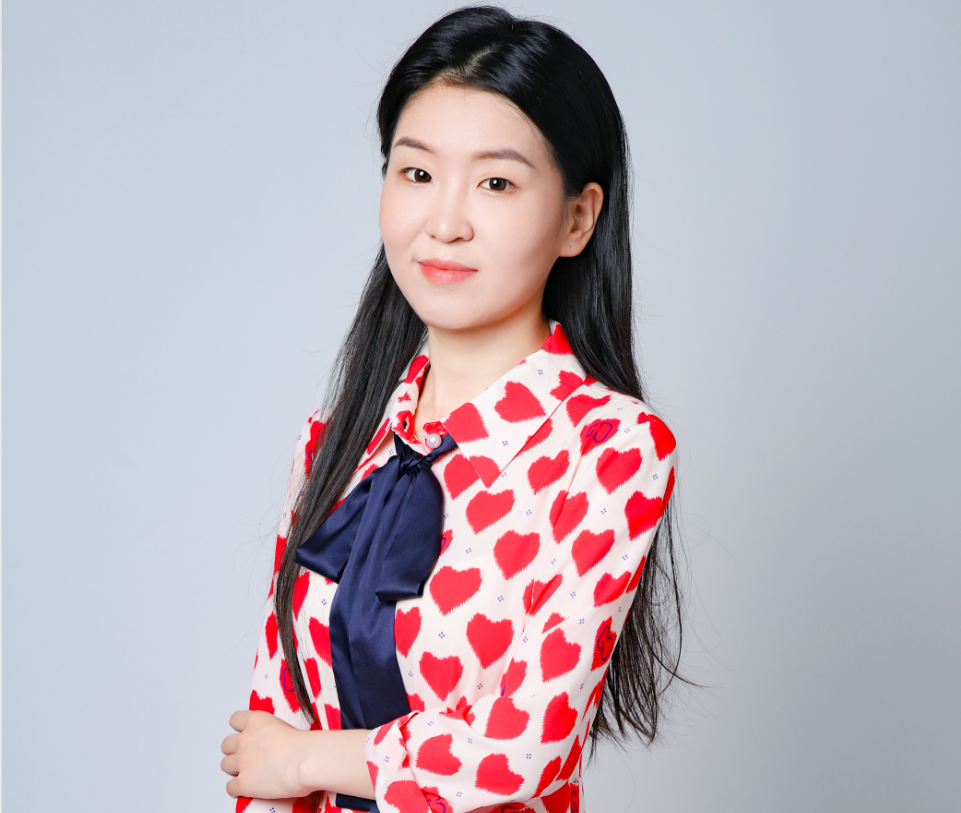
Likes
As a model worker in Guangdong province, Wang Lei, an associate professor at SCNU's School of Life Science, has took her work to the field for 12 years.

Wang Lei, an associate professor at SCNU.
Wang has published over 20 papers in SCI journals, received 7 patents, and developed more than 10 industry standards. “There is a bridge between dedication and personal gain. I’ve never seen it as a sacrifice because it is my duty and passion. Passion never makes you feel tired,” Wang says. From the laboratory to the experimental fields and then to the podium, Wang Lei has warmed countless eager hearts with her passionate spirit.
Cultivation: Taking papers and patents to the countryside
After 12 years at SCNU, Wang’s journey from a student to a dedicated researcher has been marked by notable milestones. The first time she applied the precise environmental control techniques from her laboratory to ensure the survival of shrimp in the face of oxygen shortages and bacterial infections, she felt a profound sense of accomplishment. This success gave her the confidence and drive to begin helping farmers.
Driven by the policy initiatives to promote rural development, Wang’s team established research groups in several regions of the province, tailored to local agricultural conditions. Over the past four years, Wang and her team have promoted the rice-shrimp rotation systems in Guangzhou and Heyuan, in Guangdong province, and other regions. Their efforts have created an efficient agricultural recycling system that has significantly contributed to local agricultural development. They promoted the rice-fish co-culture model, exemplified by the rice-shrimp rotation systems, which created a mutually beneficial and sustainable ecosystem. This model has proved successful, creating a win-win situation for both the economy and the environment.
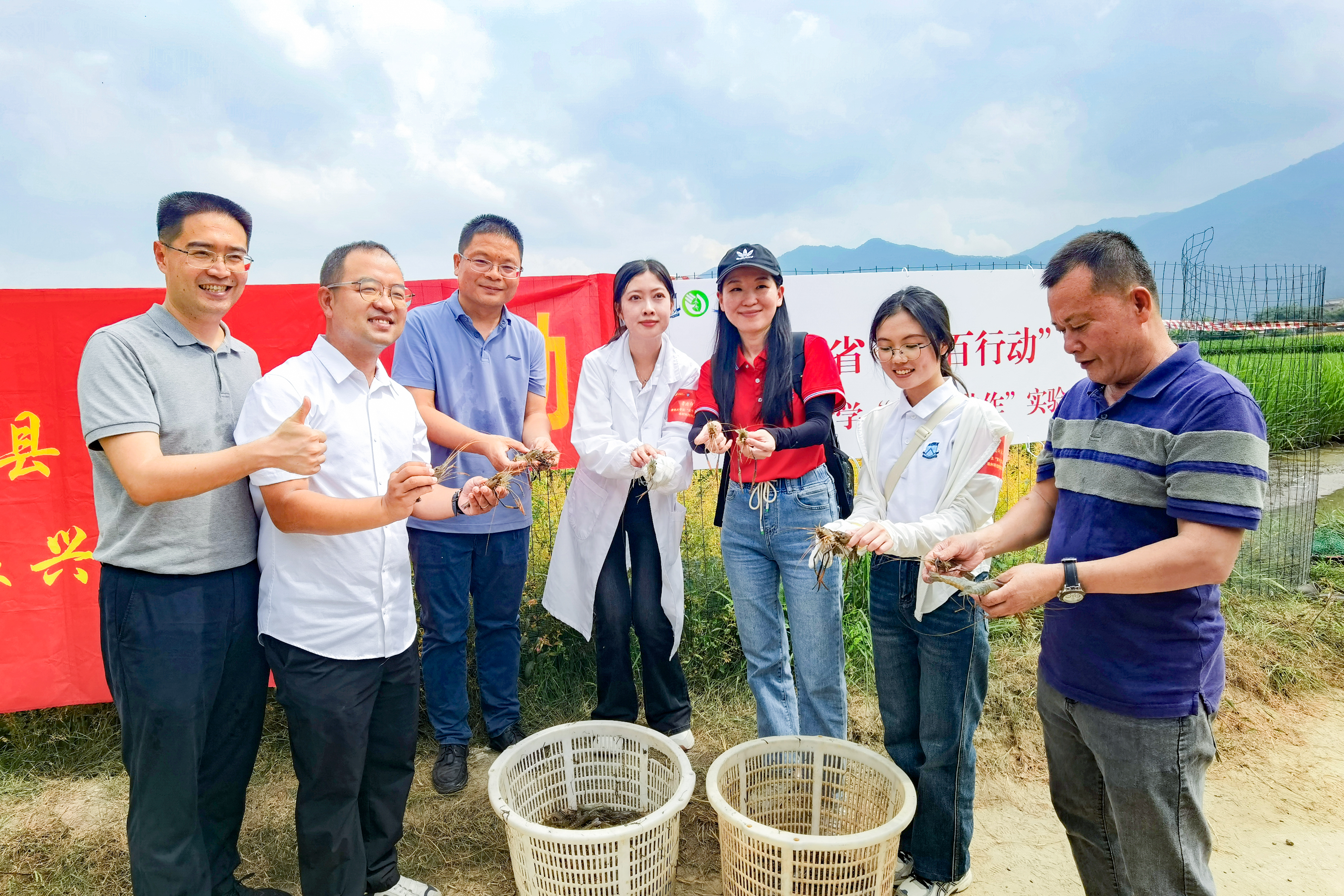
Wang’s research group hold the giant river prawns.
“The cost of trial and error in the field is much higher than in the lab so we approach it with greater responsibility and mission.” Wang admits. Small-scale trials are essential before large-scale technology implementation. “This is an ongoing exploration process that requires steady and gradual steps,” she adds.
Wang Lei’s tireless efforts to implement integrated farming techniques have benefited over 2,000 farmers, boosting their incomes by over 80 million yuan. Per-acre income increased by more than 3,000 yuan, land use efficiency rose by 217%, chemical fertilizer consumption decreased by over 60%, and carbon emissions were reduced by more than 20%.
Legacy: Guiding students to become new talents of the era
Since joining the faculty in 2013, Wang Lei has integrated the concept of “planting knowledge into the soil” into her teaching. For several years, she has led students to the fields, teaching precise water management techniques at the Panyu pilot base and collaborating with farmers in Zhaoqing, in Guangdong province, on aquaculture plans. “This hands-on experience helped students understand the critical role that scientific research plays in supporting agricultural development, and it has also made me realize that the power of youth can promote rural revitalization,” said Zhong Wanqing, a postgraduate in zoology.

Wang Lei explains the experiment to her students.
While promoting the rice-shrimp rotation model in Heyuan, Wang Lei suffered a bone injury but continued to guide her team on line. Once her condition improved, she was back on her feet with crutches to guide the team. This dedication bore fruit—her students’ team won the national bronze medal in the “Internet+” Competition and the provincial silver medal in the “Challenge Cup”. Their project was also selected as an exemplary case in Guangdong’s High-Quality Development Project for Hundreds of Counties, Thousands of Towns, and Myriads of Villages. What makes Wang most proud is seeing her students transform from being scared to tears by leeches to being able to take on responsibilities independently.
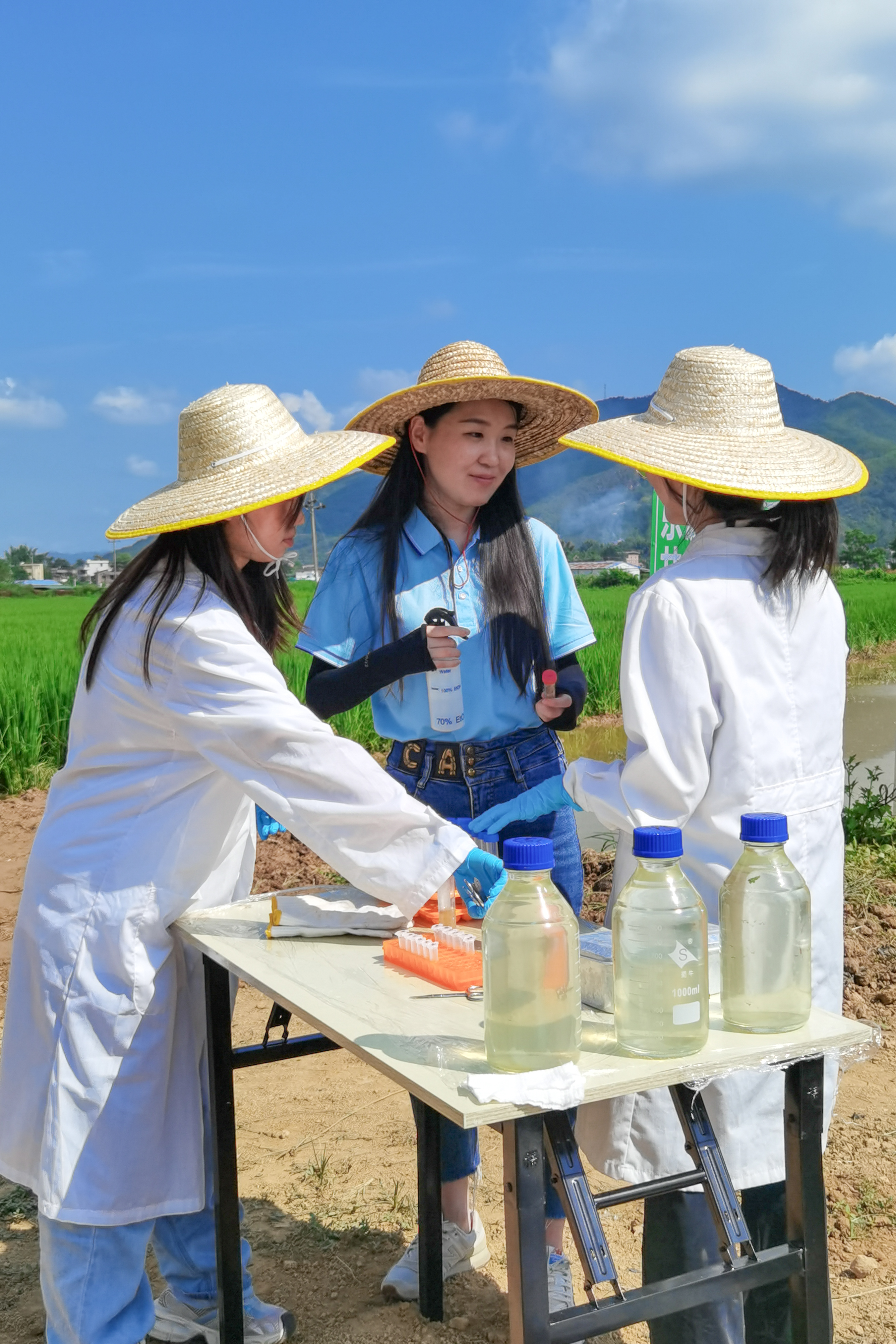
Wang Lei communicates with her team members.
For young students aspiring to contribute to rural revitalization, Wang offers three pieces of advice. First, cultivate expertise and strive for excellence in their work. Second, believe in the power of persistence, knowing that rewards will come when you are least expected. And third, set high goals and align personal ideals with national development. “It doesn’t matter what others say about your abilities. What really matters is whether you have grown into the person you aim to be,” Wang concludes.
Mission: Technology application and science popularization
In Panyu district, in Guangzhou, Wang’s team helped Mr. Guo, a traditional farmer struggling with technical difficulties, transition into a tech-savvy leader of a small and medium-sized enterprise. Today, what was once a one-way output has evolved into a two-way interaction. The school-enterprise collaboration not only provides a platform for student practice but also supports the development of the Guangdong-Hong Kong-Macao Greater Bay Area’s “vegetable basket” (non-grain food supply) initiative.
Emphazising the importance of science popularization, Wang Lei has set up a system that covers all age groups, from young children to senior citizens, and spans both urban and rural areas. She believes that no one should be left behind when it comes to science popularization.
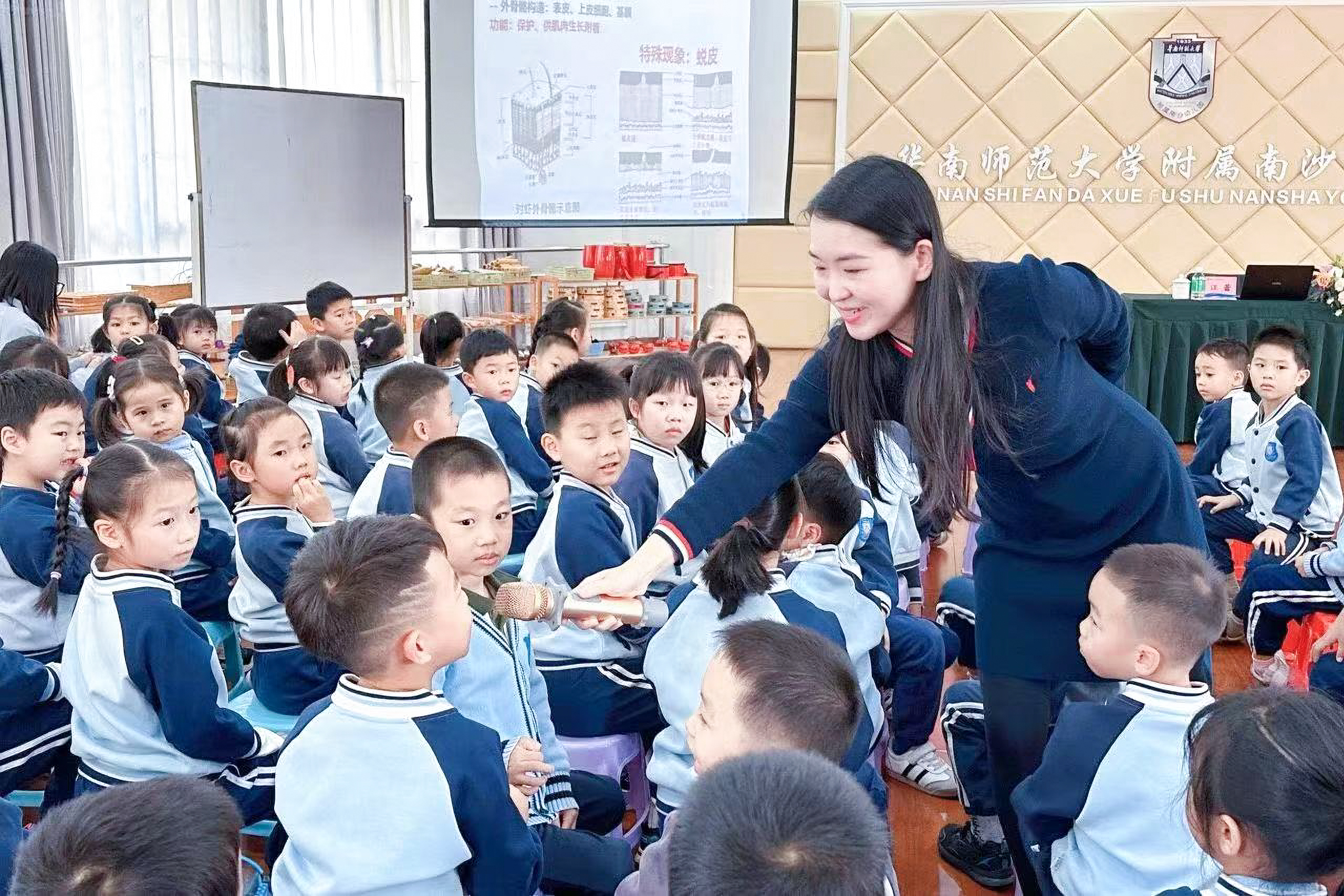
Wang Lei gives a science popularization talk to the children.
“Education is like one tree shaking another, one cloud pushing another, and one soul awakening another,” Wang reflects. Over the past twelve years, she has embodied the contemporary value of “the Lei Feng spirit” through her actions. Just as her mentor once took her out into the fields to explore the essence of science, she now guides her students in using technology to serve agriculture, passing on the spirit of perseverance and exploration that continually revitalizes education.
Source from SCNU News Center
Translated by Luo Fengyi, Zhu Ying
Proofread by Edwin Baak
Edited by Li Jianru
What to read next:
